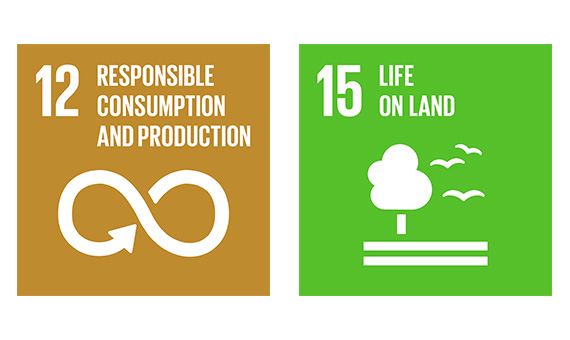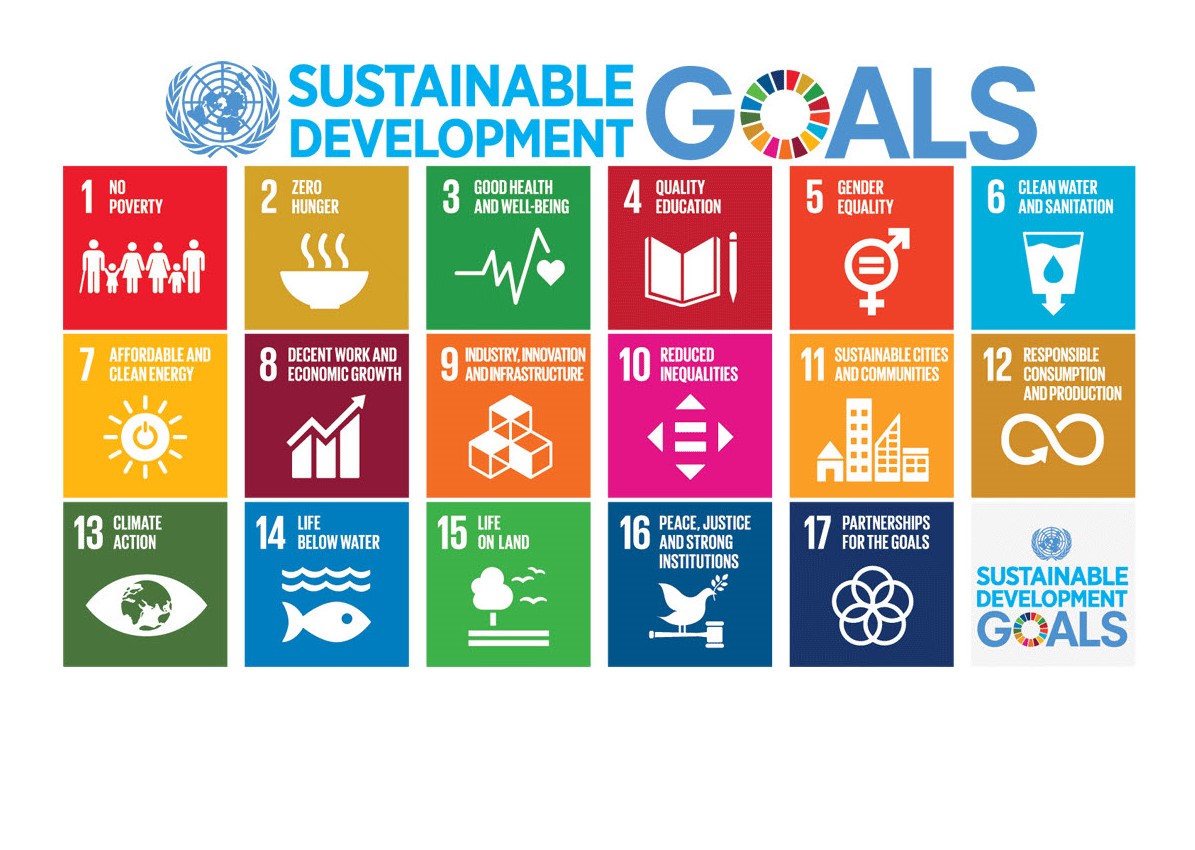Striving to be fully circular
A product’s entire life cycle must be considered in a circular model to be truly sustainable. Nature Bio supports this – being fully circular by 2025 is one of our main targets.


The way to be circular
A life cycle perspective is crucial
A circular economy – unlike a linear one – takes a holistic approach to sustainability. While the end-of-life stage is crucial, we must also consider upstream and manufacturing activities, handling the entire life cycle. The choice of raw materials is essential because recycling alone won’t solve the climate crisis.
At Nature Bio, we find renewable just as valuable as recyclable. Each recycling cycle requires an input of new material, which should be renewable.
SDGs connected to the initiative
With dramatically increasing raw material use in society, it is vital to ensure sustainable consumption and production. Also, production requires energy and other resources, and a lot of the materials are not recycled. We must separate economic growth from resource use.
SDG 12: Responsible Consumption and Production
All companies must make active choices. Nature Bio commits to choosing more sustainable materials, using renewable energy sources for production and working for viable end-of-life solutions for our products.
SDG 15: Life on Land
Renewable paper fibres from the forest are an increasingly important raw material for Nature Bio. But forests must also be protected, managed and restored to be a sustainable raw material source. Therefore, we prioritise FSC®-certified raw materials from responsibly managed forests.


Raw materials:
Getting it right from the start
An environmentally smart choice always starts with suitable raw materials. Because you can’t put that right later in the life cycle. It is one of our top priorities, and we actively include this perspective in the development and design processes. We aim to:
Use more renewable raw materials with a focus on fibres where possible
Use less plastic and only where needed
Move from fossil virgin plastic to renewable or recycled plastic.
Sustainable end-of-life solutions
The “end-of-life” stage is essential to a product’s overall sustainability performance. We consider various scenarios where our products should fulfil at least one of the following options: recycling, composting or reuse.


